A new research group at the IOR
Institutional Communication Service
On 1 September 2022, a new research group led by Dr Arianna Baggiolini began its activities at the Institute of Oncology Research (IOR), affiliated to USI, in Bellinzona. This makes six groups in the research programme dedicated to the so-called solid tumours. While the current five research groups mainly focus on prostate and breast cancer, the group headed by Dr Baggiolini will have a different focus. It will be primarily concerned with elucidating the biology of melanoma, the most aggressive skin cancer, starting from the study of its molecular characteristics. The development of this kind of tumour depends on a phenomenon called "oncogenic competence," which means that those cells that are "competent" to give rise to melanoma express genes that are not normally expressed by normal melanocytes (the cells that produce melanin in our skin). In this context, Dr Baggiolini's laboratory will study the mechanisms that regulate the acquisition of "oncogenic competence" by skin melanocytes and how the cellular microenvironment influences this process.
Dr Baggiolini, a native of Malcanton, was born and raised in Ticino, where she graduated from the Liceo Cantonale in Lugano in 2006. She completed her BSc and MSc in Biology at ETHZ and her PhD in Neuroscience at the University of Zurich. In 2017 she moved to New York to complete her postdoctoral training at Memorial Sloan Kettering Cancer Center, a leading cancer centre in the United States.
When a year ago, the IOR announced an international competition to hire a group leader for a new research group within the solid tumour programme, Dr Baggiolini was chosen from 42 researchers who had announced themselves from all over the world. The choice had fallen on her, not only because of the extremely brilliant results already achieved in just a few years but also because she could bring from New York to Bellinzona her experience in new technologies, from which the other research groups will also benefit.
Soon the IOR will open a new international call for applications to recruit another researcher to lead a new research group, this time in the area of hemato-oncology, that is, blood system-related cancers. Thus, with this recent acquisition, the programme will soon have three research groups, each consisting of 10-12 researchers. All this again demonstrates the current vitality of the IOR and, in general, of the BIOS+ group, which is boosting the life sciences research cluster in Bellinzona.
For more information:
- Prof. Carlo Catapano, Director IOR
carlo.catapano@ior.usi.ch, 079 327 90 93 - Arianna Baggiolini, Group Leader IOR
arianna.baggiolini@ior.usi.ch, 076 306 79 84




